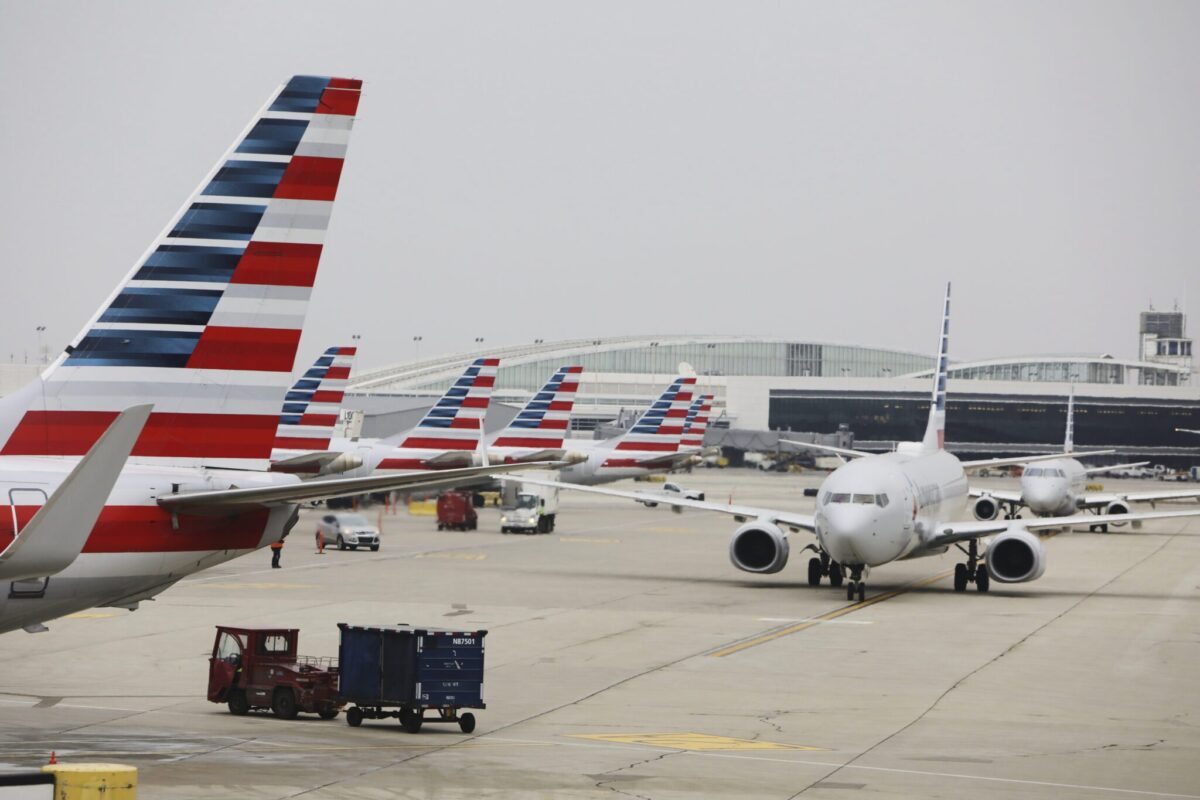Major U.S. Airlines Sue Biden Administration Over Junk Fees Rule

Skift Take
Major U.S. airlines have filed a lawsuit against the Department of Transportation’s “junk fees” rule, arguing that it the rule is a regulatory overreach that would create more confusion for consumers.
Major airlines are suing the Biden administration over its latest rule that requires airlines to disclose all fees associated with buying a ticket.
Airlines for America, the trade group that represents major U.S. airlines, along with American, Delta, United, JetBlue, Alaska and Hawaiian filed a lawsuit with the Fifth Circuit Court of Appeals on Friday.
The Department of Transportation released a final rule on “junk fees” April 24 that requires airlines to disclose the prices of checked baggage, carry-ons, changing a reservat

